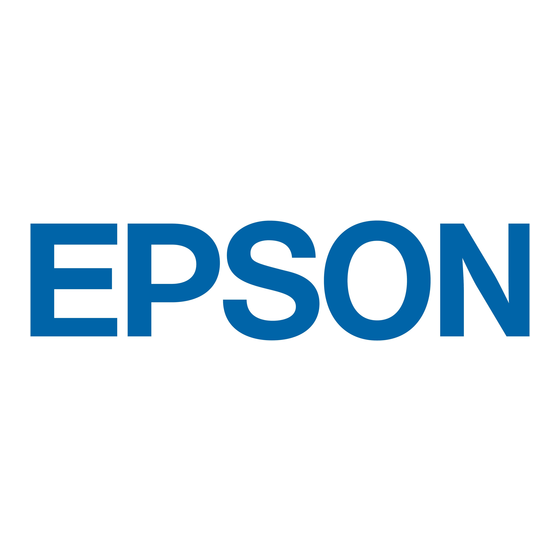How Does P.I.M. II Work in Adobe Photoshop?
Adobe Photoshop does not retain the PRINT Image Matching or Exif Print
information separately in the header file when you import your P.I.M. or Exif Print
image. Instead, it creates a profile by converting the information into the file and
embedding a color space called EPSON RGB 2001. This profile supports all the
PRINT Image Matching color advantages and enhancements.
You can crop, rotate, resize, work with layers, use filters, and even make selective color
adjustments to the P.I.M. II image while retaining P.I.M. II quality. However, you
will lose the P.I.M. II enhancements if you apply global color adjustments to your
image (such as Auto Levels, Auto Contrast, Auto Color, etc.).
If you try to use your new Adobe Photoshop file in another P.I.M.-enabled software
program, it will not be recognized as a P.I.M. image. If you want to keep the P.I.M.
header information intact for use in other P.I.M.-enabled programs, keep the original
file. Do not use the
command on your original file.
Save
Instead, use the
command and rename it to save a new file. The new file will
Save As
not contain P.I.M. header information but will still retain P.I.M. image quality. If you
overwrite your original file you will lose all PRINT Image Matching and Exif Print
header information.
Importing a P.I.M. Image
Follow these steps to import a P.I.M. image into Adobe Photoshop 6.0, 7.0, CS, or
Photoshop Elements 1.0, 2.0, or 3.0.
Note: If you're using Photoshop Elements, you need to change your color settings
before importing a P.I.M. image. Open the Edit menu or Photoshop menu (Mac OS X)
and select Color Settings. Choose Full Color Management or Full color
management - optimized for Print and click OK.
Some of the illustrations below show Macintosh screens. Your screens will look
different if you're using Windows, but you'll choose the same settings.
3

